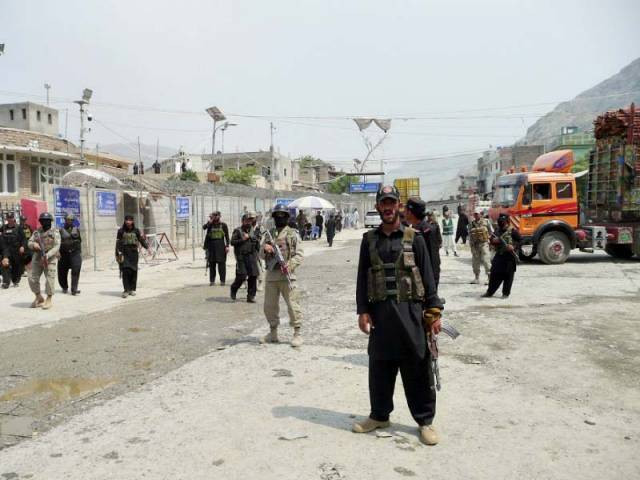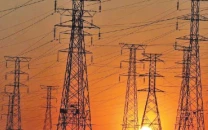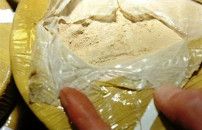Analysis: The grim reality of Pak-Afghan relations
The mindset of 1940s has not faded away and a hallucinated self-image of a regional power still exists in Kabul

Security officials stand alert at Torkham border. PHOTO: EXPRESS
Kabul has enjoyed good relations with neither Iran nor Pakistan. Hence, Pakistan’s generosity in letting refugees in or skirmishes at Torkham or elsewhere have a bitter historical context.
The Pak-Afghan conflict
Afghanistan existed as a mere geographical region rather than a nation-state until 1919 when Amir Amanullah struck a fairly satisfactory agreement with the British. The Afghan leader first decided to demarcate his country’s northern border, negotiating with the Khan of Ferghana valley in modern-day Uzbekistan. But having to contend with the presence of the Red Army in the valley, Amanullah abandoned his plans for an Islamic Central Asia and struck a peace deal with the Bolsheviks in 1923. Russian and British embassies opened in Afghanistan the same year.
In trying to reform the region’s tribal jigsaw, Amanullah faced stiff resistance from smaller but significant powerhouses. Around the same time in 1929, the British helped a bandit ascend to power in Afghanistan. This was followed by Mohammad Nadir Shah’s relatively stable five-year rule.
Afghanistan had a rude awakening in 1947 when the British decided to leave the Sub-Continent and create Pakistan and India. Afghanistan refused to accept Pakistan, even attempting to block its entry into the UN, and claimed the entire North Western Frontier Province (now Khyber-Pakhtunkhwa), Balochistan and some parts of Punjab. It also refused to accept the status of Durand Line agreement signed to formalise Afghanistan’s frontier with the British India.
Though it did not violate the Durand Line, Kabul termed the boundary ‘imaginary’.
In the early 1970s, an armed insurrection broke out in Balochistan which Islamabad formally accused Kabul of instigating and supporting. Afghanistan broke off ties with Pakistan in 1973 as a result and that was the status quo for the next four years until then premier Z A Bhutto released Ghaffar Khan of the Pashtunistan movement. Bitterness persisted between the two nations even after ties were resumed.
A lack of goodwill
The history of Afghanistan neither began with the Soviet invasion nor Pakistan’s babysitting of Taliban. Oversimplification has not only misled Pakistanis and Afghans but also the West. The two nations did not enjoy any brotherhood. There was always multi-layered animosity and a lack of trust between them.
Today’s Afghan government, which can hardly establish its writ over Kabul’s secure zone, has been hell-bent on denying Islamabad the right to manage border traffic. The mindset of 1940s has not faded away and a hallucinated self-image of a regional power still exists in Kabul.
While the controversial concept of strategic depth was laid to rest in 1984, when Pakistan acquired nuclear deterrence, a similar reality check about Afghan’s Durand Line fantasies has not been realised yet. Kabul has refused to hold talks at the foreign minister or NSA levels. Meanwhile, Pakistan’s Prime Minister Nawaz Sharif has also long maintained an eerie silence on national security matters. If the issues are left for the regional military command to deal with, the conflict runs the risk of igniting a limited war.
Naveed Ahmad is a Pakistani investigative journalist and academic with extensive reporting experience in the Middle East and North Africa. He is based in Doha and Istanbul. He tweets @naveed360.
Published in The Express Tribune, June 24th, 2016.


















COMMENTS
Comments are moderated and generally will be posted if they are on-topic and not abusive.
For more information, please see our Comments FAQ